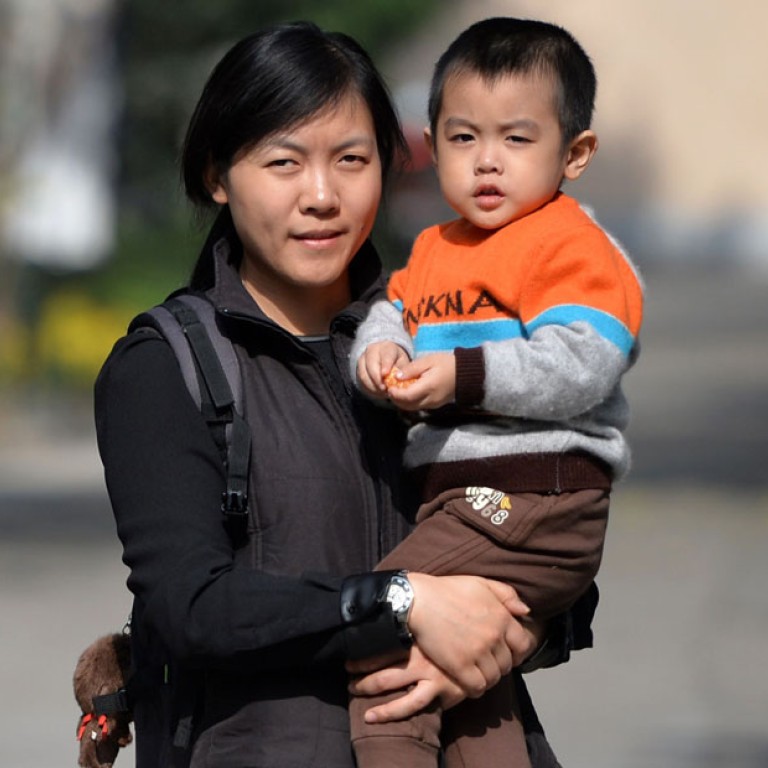
Chinese women may prefer one child even when it's not official policy
Matthew Dalton believes social changes have more effect on birth rates
The announcement that China is to alter its one-child policy, as it seeks to prepare itself for population ageing, has got the public talking.
The government will soon allow a second child to all who are themselves an only child or whose spouse is an only child. While reporting the news, a CCTV report said that the one-child policy prevented some 400 million births, the equivalent of the US population.
However, this conclusion is flawed in two ways. First of all, we should note that the policy was created at a time when overpopulation was a major concern not only in China, but the world over. Governments and international organisations made it a priority to study whether the world was heading for disaster, where a population explosion would lead to overconsumption, the draining of resources, resulting in drought and famine. Some studies concluded that this dismal future was inevitable.
Some nations went so far as to mount a campaign of sterilisation. In China, the government saw a solution in the one-child policy.
As time went on, however, it became clear that the doomsday predictions had been overblown.
Instead, many parts of the world witnessed a decline in birth rates, which we are still experiencing today. This happened not because of draconian policies such as sterilisation and population control, but has been due mainly to an agricultural revolution that enabled more food to be grown and, more importantly, urbanisation and the changing role of women.
The last point brings us to the second flaw. Throughout the past decade or two, we have seen that just because a woman can have more than one child, as is true in most places outside China, it doesn't necessarily mean she will. In fact, it is becoming increasingly common for women not to have any children.
These women view children as an obstacle to professional success. Many are leaving their traditional roles as homemakers and moving to cities to join the workforce. Having a child seems either too expensive for city life, or a hindrance in reaching their personal and professional goals.
Women are also increasingly marrying and having children later. Whereas their parents might have been married and were already raising a family in their 20s, an increasing number now wait until their 30s.
Having a child is no longer seen as the beginning of adulthood, but what comes after the success of adulthood.
This begs the question: if the one-child policy were totally removed today, would Chinese women - who have also seen their role change dramatically and who, like their global counterparts, have choices beyond a domesticated life - actually decide to have any children, let alone more than one?
After all, they would have to deal with the "burdens" on their careers and finances that come with such a decision.
Would they follow the global trend and give up having large families, or even the idea of having children altogether, to find personal and professional fulfilment?
Maybe China's women would be an exception to this rule, but that seems unlikely. Having a child often means giving up your dream or, at the very least, a lot of money. And it would be surprising to see Chinese women - or anyone else, for that matter - put having children ahead of other choices.
In fact, who's to say that China's birth rate wouldn't have come down naturally without the policy? Maybe China would still have 400 million fewer people, voluntarily.
When the one-child policy is finally abolished, then China will be a step closer to finding out if Chinese women really want more than one child.
